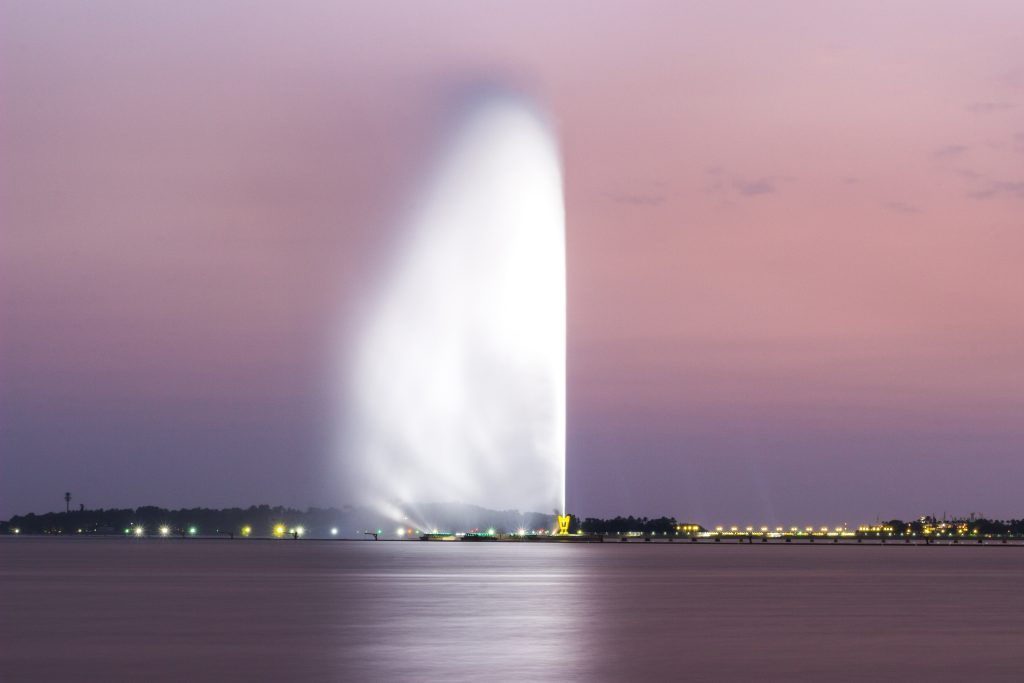The London Metal Exchange (LME) is set to augment its global network by adding the coastal city of Jeddah, Saudi Arabia, as a significant delivery point for copper and zinc. Traditionally, the exchange’s primary locations are in areas of high consumption or key trading centers such as Rotterdam.
Matthew Chamberlain, the exchange’s chief executive, has identified Saudi Arabia as “an increasingly important global metals hub.” He explained that Jeddah’s infrastructure, high metal consumption, and efficient transportation systems make it an ideal candidate for new warehouse locations.
The Kingdom of Saudi Arabia is working towards an ambitious industrial and logistics development plan within its Vision 2030. This initiative is aimed at establishing the country as a central player in various sectors including energy, mining, logistics, and industry.
CEO of Logi Point, Farooq Sheikh, has shown eagerness for a sustained partnership with the LME and to further engage with the international metals community. He emphasized Jeddah’s strategic role in global commerce, highlighting its potential to cater to the Middle East and North and East Africa regions.
The LME’s plans for Jeddah are undergoing a consultation process with its members, industry stakeholders, and representatives, which is set to conclude by April 30, when a formal decision is anticipated.
The Saudi Ministry of Industry and Mineral Resources disclosed last year that Riyadh is considering the creation of a dedicated metals trading exchange, as part of an economic transformation agenda emphasizing the sector’s development and investment.
Khaled Al-Mudaifer, the then deputy minister of industry, mentioned the Kingdom’s contemplation of a new trading platform for battery production materials such as graphite, rare earth elements, lithium, cobalt, and nickel.
In a move to diversify its economy away from oil, Saudi Arabia is also focusing on its untapped mineral resources, which include copper, lithium, phosphate, and gold, alongside international asset investments.
In 2023, Saudi Arabia revised its estimate of the country’s mineral wealth potential to 2.5 trillion dollars, a significant increase from the previous year’s estimate of 1.3 trillion dollars, as announced by industry minister Bandar Al-Khorayef at an international mining conference in Riyadh.
When it comes to minerals vital for the clean energy transition, Saudi officials have indicated that the value of such discovered resources is around 150 billion dollars, with only a fraction having been explored.
In alignment with the renewable shift, Saudi oil giant Aramco is reported to be planning the extraction of lithium from the saltwater in their fields. This method is seen as a more cost-effective and environmentally friendly alternative to the conventional open-pit mining employed by leading producers.
Additional companies, including ADNOC from the United Arab Emirates, ExxonMobil, and Occidental Petroleum, are also said to be considering leveraging new technologies to extract lithium from saltwater amidst the global push towards reducing dependence on fossil fuels.
As part of Crown Prince Mohammed bin Salman’s vision, Saudi Arabia has been investing heavily to transform into a hub for electric vehicles, diversifying its economy beyond oil reliance.
Moreover, Ma’aden, the largest mining company in the Gulf region, is undertaking the extraction of lithium from seawater, a process that demands advanced technology and considerable investment.
